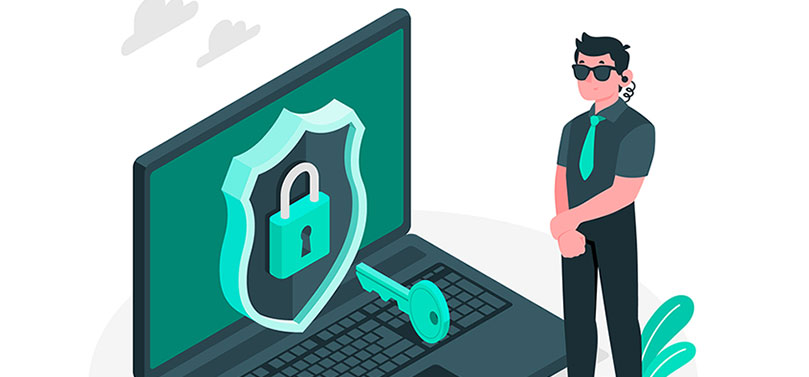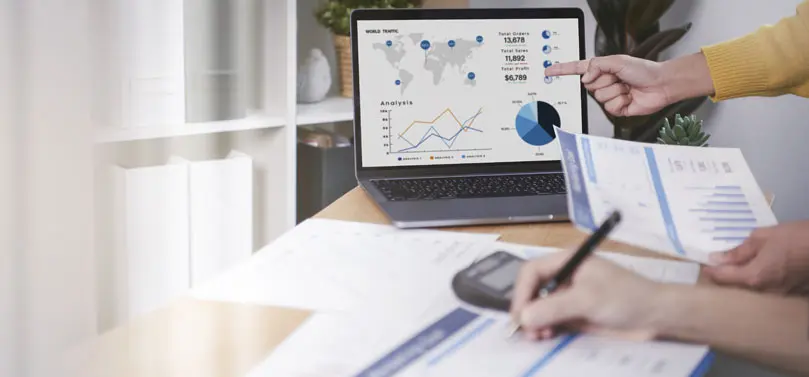These days, most everyone pays attention to the increasingly growing tech sector, which comprises approximately 27 percent of the widely tracked S&P 500 index. As the technology sector continually crops up in the news, it serves as a reminder of the speed at which technology infuses our lives, saturating our daily routines with regular video conferencing, constant social media updates and countless emails. We all need to take care to avoid overlooking the gaps that technology creates, breaches that have the potential to give cybercriminals a key to your sensitive personal information, leaving you as a potential victim of fraud.
Unfortunately, when challenges befall the world, as we’ve seen with the coronavirus pandemic, hackers and identity thieves have better opportunities to prey on unwitting civilians enduring a time of crisis, a time when it might be easier to let one’s guard down.
Taking care of your finances
As technology continues to evolve, so does the creativity and sophistication of cybercriminals. Never overestimate your investment advisory or banking team’s cybersecurity protocols and limit the use of delivering your sensitive information in an e-mail or phone calls unless necessary and following appropriate security protocols. The number of security steps custodians require of their clients to perform that confirm legitimacy is essential to avoid wire fraud and money laundering. According to data from the Federal Trade Commission, mortgage wire fraud attempts rose 1,100 percent between 2015 and 2017.
It helps to have a trusted relationship with your advisory team where they can independently decipher suspicious requests, even if the cybercriminal obtained your social security number, date of birth and other security answers.
Suppose your investment advisory or banking team needs account information from you to process a request. In that case, it is important not to send your full account number in an e-mail; preferably give your trusted advisor/banker a call to deliver the information. You may trust the cybersecurity measures on their end. However, there are many instances when cybercriminals break into an e-mail address and spend time reviewing these interactions between their target and external parties. As a result, cybercriminals have requested funds using information found within these everyday interactions.
Nothing is ever truly free
Do not be fooled: “Free” is not always a good thing. And the free service you might be getting could be granting hackers the freedom to steal your information or worse. It’s best to leave these common conveniences alone.
Upon plugging in your low-battery phone into a public charging station, you run the risk of being a victim of fraud. According to NBC News, “The practice, known as ‘juice jacking,’ occurs when people plug in to “juice” up their phones and hackers use malware in the charging station or USB cable to “jack” their information, such as phone numbers and passwords.”
Additionally, exposing your mobile device to unprotected Wi-Fi networks in public areas like hotels and coffee shops can leak sensitive information contained on your devices. Dates of birth and the last four digits of social security numbers are now common answers to security questions or two-step authentication services. As the rise in data breaches continues, it is easier for cybercriminals to obtain this information and use it to reset your passwords and transfer funds fraudulently.
Thankfully, resources such as password managers, identity protection services and virtual private networks are increasingly coming to the forefront to assist the average American in the constant fight against fraud. Managing passwords for online accounts has become a much more daunting task, especially if you have to generate long, encrypted passwords on your own. Password managers can assist you in maintaining different and complicated passwords to streamline your online life. In fact, many smartphones and other devices have such useful tools already built-in to their operating systems. Stay safe, be well, and maintain your vigilance.




